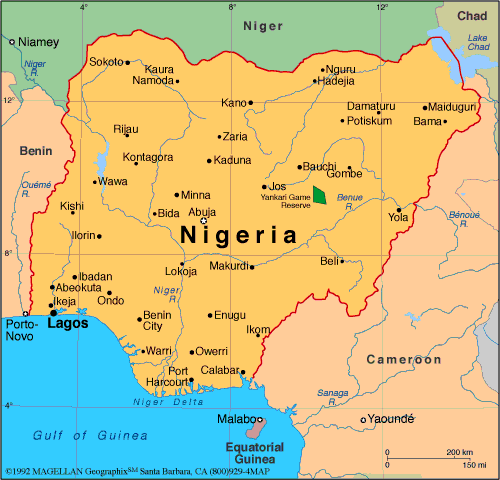
A university lecturer, Dr James Kayode-Naiyeju, on Thursday blamed the slow pace of development in Nigeria on poor funding of universities.
The don made the remark while delivering a lecture on First Foundation Day, organised by the Ondo State University of Science and Technology (OSUSTECH), Okitipupa, southwest Nigeria.
The lecture was entitled “University Funding and Nation Building: Bridging the Gap Between Town and the Gown”.
Kayode-Naiyeju said that most developed countries had much stake in funding universities which, he noted, was the panacea to nation-building.
According to him, Nigeria, as a signatory to the United Nations Education Scientific and Cultural Organisation (UNESCO), is still unable meet the organisation’s recommended 26 per cent allocation of the total budget to education.
The lecturer said that development was critical to the sustenance and growth of any nation.
According to the lecturer, a country is classified as developed when it is able to provide qualitative life for its citizenry.
He said that institutions of higher learning, the midwife of human-capital development, had tremendous roles to play in nation-building by enriching science, engineering, technology, humanities and arts, and providing value-based education to students.
“Universities dedicated to learning, teachings and research are essential building blocks of any civilisation, and are increasingly significant economic institutions.
“Universities need to meet their full economic costs of teaching and conducting research, which include costs of academic and non-academic staff, training of postgraduate research students, equipment, fieldwork and laboratory services.
“Funding has remained a critical factor in the provision of functional education that can lead to national transformation.
“Inadequate funding puts university management under stress and strains, leading to rampant crisis in the system, resulting in strikes by academic and non-academic unions,” he said.
The don, however, said that payment of tuition fees, commercial activities on campuses, commercialisation of accommodation, endowment funds, consultancy services and part-time programmes, were ways of funding education.
Earlier, Prof. Sunday Ogunduyile, the Vice-Chancellor, OSUSTECH, said that university funding had been a centre-point of discourses yet to be laid to rest.
He said that the government and stakeholders in educational sector should brainstorm and come out with a logical conclusion on university funding.
In his address, the state Gov. Oluwarotimi Akeredolu said that dwindling resources had made it impossible for government to solely fund education in the country.
Akeredolu, who was represented by Dr Omowunmi Ilawole, his Special Adviser on education, said that other stakeholders in education must support the government to bridge the funding gap.
“If the stakeholders do not support the government in funding university education, it will be impossible to bridge the gap between gown and the town,” Akeredolu said.
NAN
https://www.africaprimenews.com/2018/03/26/education/nigerian-university-lecturers-seek-solution-to-clashes-between-herdsmen-and-farmers/